Section 1
Principles of Epidemiology
Book
Version 6
By Boundless
By Boundless
Boundless Microbiology
Microbiology
by Boundless
5 concepts
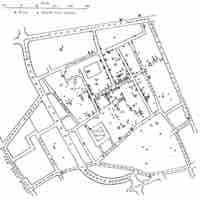
History of Epidemiology
Epidemiology is the study of the patterns, causes, and effects of health and disease conditions in defined populations.
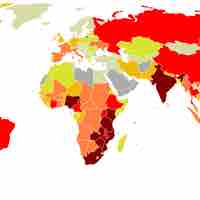
The Science of Epidemiology
Epidemiological studies include disease etiology, disease surveillance and screening, biomonitoring, and clinical trials.
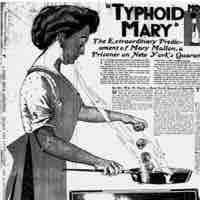
The Vocabulary Epidemiology
Epidemiology is the study of the patterns, causes, and effects of health and disease conditions in set populations.
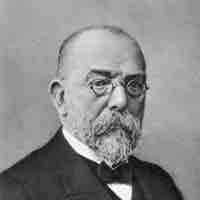
Koch's Postulates
Koch's postulates are four criteria designed in the 1880's to establish a causal relationship between a causative microbe and a disease.
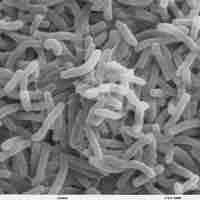
Exceptions to Koch's Postulates
Even in Koch's time, it was recognized that infectious agents could be responsible for disease without fulfilling all of the postulates.